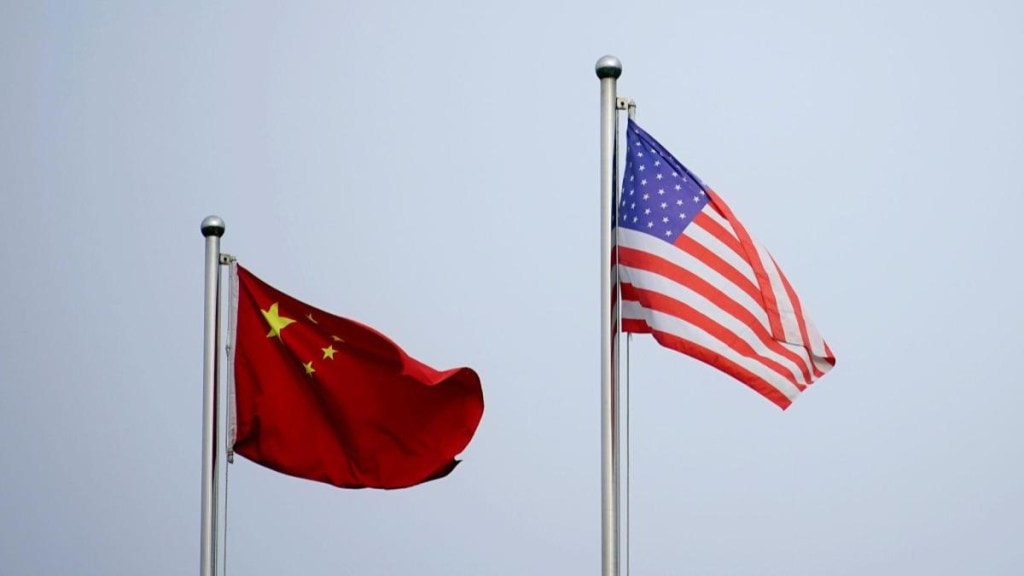Beijing and Washington are expected to extend their tariff truce by another three months during trade talks beginning Monday in Stockholm, the South China Morning Post reported.
This marks the third US-China trade meeting in Europe in as many months, with Beijing arriving with an upper hand by its strategic hold over critical minerals. The Trump administration has already rolled back certain export curbs, including lifting a ban on a key Nvidia AI chip sale to China.
Looming deadline
With an August 12 deadline looming to finalise a broader agreement, both sides are under pressure to avoid renewed tariff escalation. The preliminary deal reached in June had halted weeks of rising tensions.
Failure to secure a lasting accord could reignite global supply chain chaos, with duties potentially exceeding 100%.
Previous trade talks
Previous U.S.-China trade talks in Geneva and London in May and June focused on bringing U.S. and Chinese retaliatory tariffs down from triple-digit levels and restoring the flow of rare earth minerals halted by China and Nvidia H20 AI chips and other goods halted by the United States.
So far, the talks have not delved into broader economic issues. They include U.S. complaints that China’s state-led, export-driven model is flooding world markets with cheap goods, and Beijing’s complaints that U.S. national security export controls on tech goods seek to stunt Chinese growth.
“Stockholm will be the first meaningful round of U.S.-China trade talks,” said Bo Zhengyuan, Shanghai-based partner at China consultancy firm Plenum.
Deals, deals, deals
Trump has been successful in pressuring some other trading partners, including Japan, Vietnam and the Philippines, into deals accepting higher U.S. tariffs of 15% to 20%.
He said there was a 50-50 chance that the U.S. and the 27-member European Union could also reach a framework trade pact, adding that Brussels wanted to “make a deal very badly”.
Two of Trump’s top trade officials, Commerce Secretary Howard Lutnick and U.S. Trade Representative Jamieson Greer, will attend the Scotland talks and then travel to Stockholm.
Analysts say the U.S.-China negotiations are far more complex and will require more time. China’s grip on the global market for rare earth minerals and magnets, used in everything from military hardware to car windshield wiper motors, has proved to be an effective leverage point on U.S. industries.
(With inputs from Reuters)
